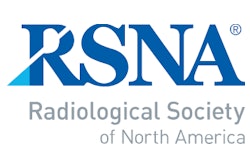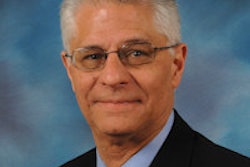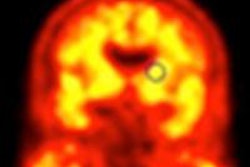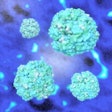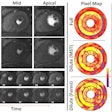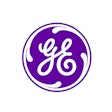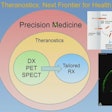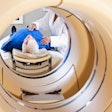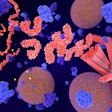Dear AuntMinnie Member,
The Minnies are once again open for nominations, giving you the chance to tell us who should be nominated in one of radiology's most prestigious award events.
We've been conducting the Minnies annually for the past 14 years to honor the contributions of radiology professionals to our community. Categories range from Most Influential Radiology Researcher to Best New Radiology Device to Best Radiologist Training Program. You can view last year's winners by clicking here.
This year we've added a new category, Best Radiology Image, designed to showcase the incredible advances being made in the use of medical imaging. If you have a great radiology image, enter it today! Learn more about how to nominate your image by clicking here.
Your Minnies nominations will be used to assemble a list of candidates to be voted on by our expert panel in two rounds of voting over the next several months, with the winners announced prior to this year's RSNA meeting in Chicago.
The Minnies give you a great opportunity to make your voice known in recognizing the researchers, companies, educators, and institutions that make medical imaging stand out. To submit your nominations, click here, or go to minnies.auntminnie.com.
What's next for NOPR?
The National Oncologic PET Registry (NOPR) has been an unqualified success, gathering data on thousands of FDG-PET studies to support expanded Medicare reimbursement of the modality.
But now that the Medicare payment issue for oncology FDG-PET has largely been settled, what's next for NOPR? Features editor Wayne Forrest tackles that question in an article in our Molecular Imaging Digital Community.
NOPR was instrumental not only in gaining improved reimbursement for oncology PET applications, but also in improving relations between the nuclear medicine community and the U.S. Centers for Medicare and Medicaid Services, according to Dr. Barry Siegel of the Mallinckrodt Institute of Radiology, who talked to us about NOPR.
Going forward, NOPR could be used to assess the efficacy of PET for beta-amyloid studies of Alzheimer's patients or to collect data for sodium fluoride PET. Learn more about the options by clicking here.
While you're in the community, check out this story on how the misdiagnosis of Alzheimer's disease could result in tens of thousands of dollars in unnecessary medical costs for patients who may actually have vascular dementia or Parkinson's disease.
Could PET help? Find out by visiting the community at molecular.auntminnie.com.





